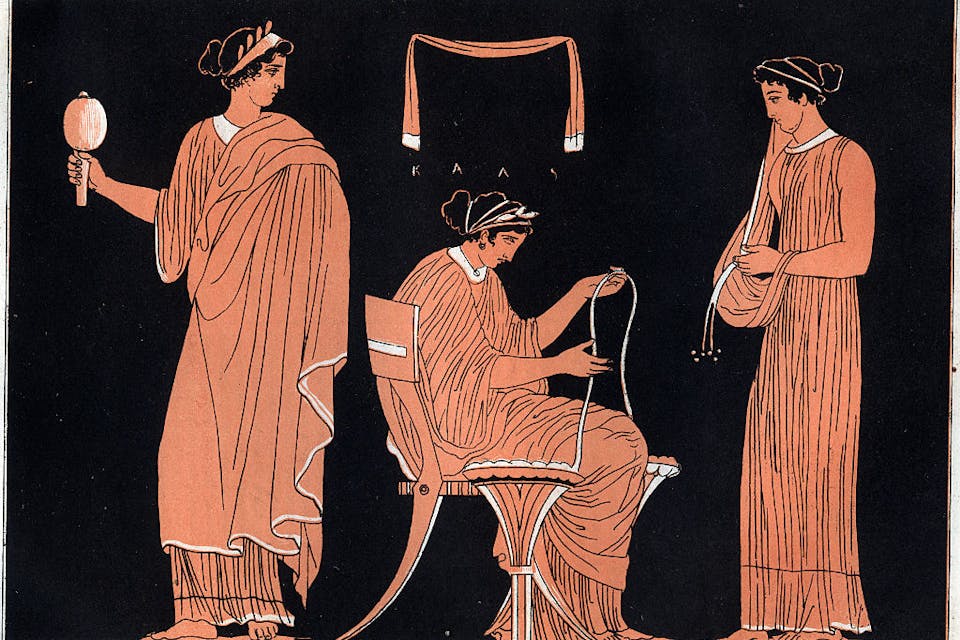
A’s husband was called to emergency reserve duty (tsav 8) in the IDF on October 8, 2023, and was released after five months of fighting in Gaza. During this period, she continued alone with her work and raising their children. When people would express admiration and tell her, “Wow, what a lioness you are,” she would respond: “You’re wrong, I’m a street cat.”
When her husband finally returned home, she had some time to breathe and ask herself why she had responded so sharply to those who sought to compliment her. “After all,” she said at the thanksgiving celebration in honor of his return, “the hero of our story is my husband. He’s the one who went through a journey and fought battles, was wandering without a roof over his head, endured months of rain and heat, went without family for more than four months, lost friends. . . . And I was fine. Protected, with the children, a comfortable bed, work, and routine. But deep down I was wandering. Without a home and without anchor, like Penelope.”
Penelope? Didn’t this particular Homeric character stay home while her husband wandered? And how did Odysseus’ wife get from Ithaca of the early first millennium BCE to Jerusalem of the early third millennium CE? The answer to the second question is: in large part because a single outstanding teacher brought her there. And, as I will explain, the Israeli woman I quoted above was quite right about how relevant this ancient Greek heroine is to the Israel of 2025, and quite right to speak of her as “wandering.”